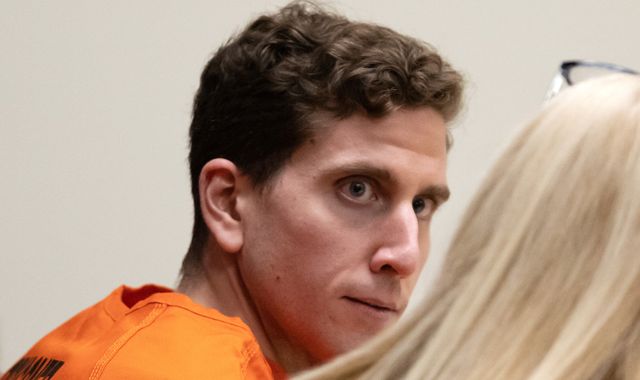Recent Developments in the Kohberger Case: What You Need to Know

Introduction
The case of Bryan Kohberger, who has recently been charged with the murder of four University of Idaho students, continues to unfold, drawing national attention not only due to the shocking nature of the crime but also for its significant implications in the legal system. The case has raised questions about criminal justice processes, mental health evaluations, and public safety in the wake of such tragedies.
Background of the Case
In November 2022, four students—Ethan Chapin, Kaylee Goncalves, Xana Kernodle, and Maddie Mogen—were found murdered in their off-campus residence, leading to a lengthy investigation that captured the nation’s attention. Bryan Kohberger, a 28-year-old PhD student in criminology at Washington State University, was arrested in late December 2022, in connection with the murders. He has pleaded not guilty, and his legal team is actively pursuing defense strategies that may include examining the psychological state of Kohberger at the time of the alleged crime.
Legal Proceedings and Implications
The Kohberger case has entered a pivotal phase, with pre-trial motions being discussed in court. The prosecution has hinted at presenting strong evidence to establish a motive and timeline of events, while the defense aims to challenge the adequacy and reliability of the collected evidence. Kohberger’s mental health evaluations will likely play a critical role in the proceedings, possibly influencing how the jury perceives his actions and culpability.
Furthermore, there are broader societal implications as the case coincides with ongoing debates about mental health support and the criminal justice system’s response to individuals who may pose a risk to themselves or others. Legal experts suggest that the outcomes of high-profile cases like Kohberger’s could pave the way for changes in legislation regarding mental health evaluations in criminal cases.
Community Response
The impact of the murders has left an indelible mark on the Moscow community and extends far beyond, stirring deep concerns about safety and security. Community vigils have been held to honor the victims, while discussions around campus safety and the need for better protective measures have surged. Many residents are watching the proceedings closely, hoping for closure and justice as the trial approaches.
Conclusion
As the Kohberger case progresses through the legal system, it not only encapsulates a tragic event that shocked a community but also highlights pressing issues within the criminal justice landscape. The proceedings promise to be significant, perhaps influencing future legislation and how similar cases are handled. For those following the case, it serves as a reminder of the complexities of human behavior and the legal standards that govern accountability and justice.









